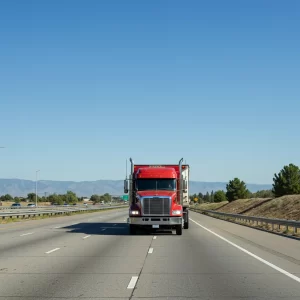
How Do Emission Control Systems Work on Trucks?
Understanding Truck Emission Control Systems | A Driver’s Guide
California’s Clean Truck Check, also known as the Heavy-Duty Inspection and Maintenance (HD I/M) regulation, is a program developed by the California Air Resources Board (CARB) to reduce emissions from heavy-duty vehicles over 14,000 pounds GVWR. This program builds on the Periodic Smoke Inspection Program (PSIP) and introduces stricter compliance standards to ensure trucks, buses, motorhomes, and other non-gasoline vehicles remain in proper working condition. If you operate diesel vehicles, alternative fuel vehicles, or other non-gasoline fleets in California, compliance with the Clean Truck Check is not optional it is a legal requirement tied directly to vehicle registration with the DMV and backed by significant penalties for non-compliance.
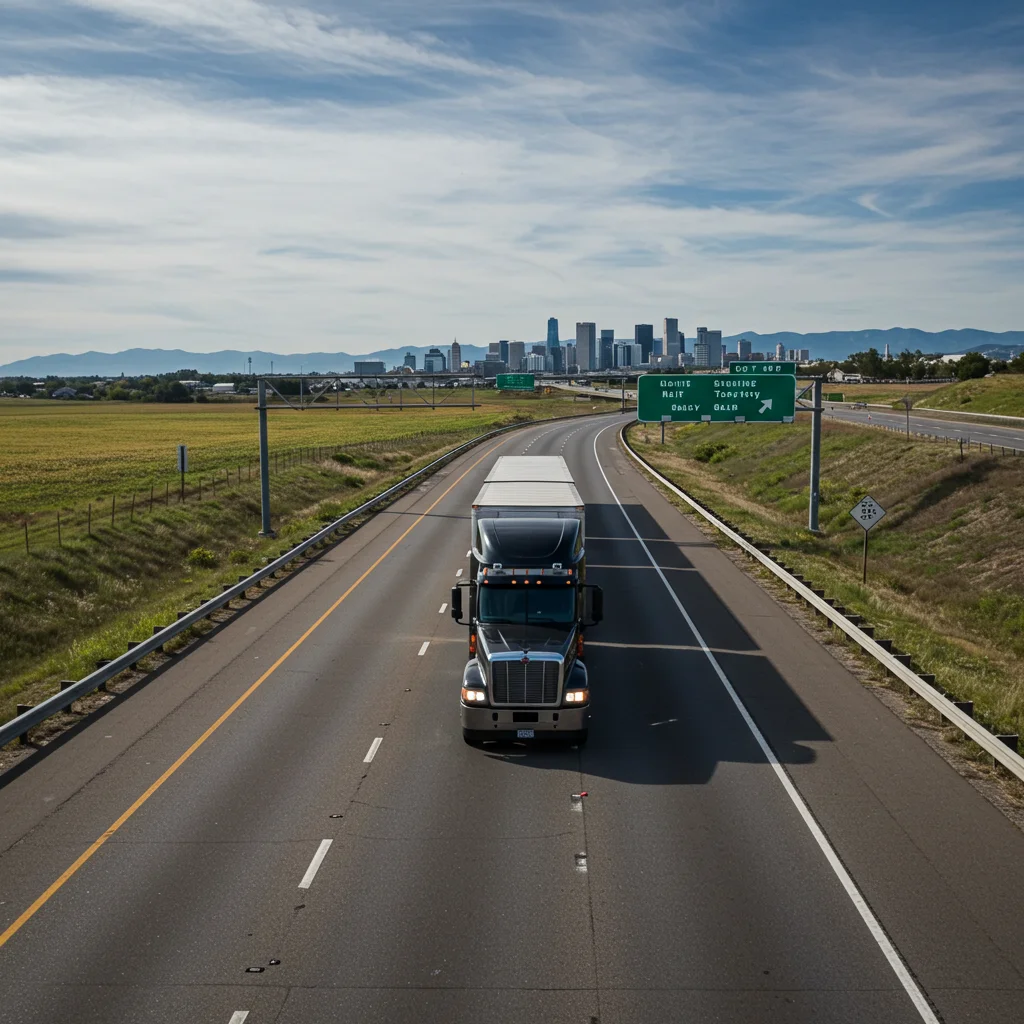
The Clean Truck Check was mandated under Senate Bill 210 (Leyva; Chapter 298, Statutes of 2019) and launched in January 2023, with compliance requirements phased in starting in 2024. The goal of the program is to cut down on nitrogen oxide (NOx) and particulate matter (PM 2.5) emissions, pollutants that disproportionately come from heavy-duty diesel trucks. Despite making up only 3% of vehicles on California roads, these vehicles contribute over 50% of smog-forming pollution. The regulation requires owners of heavy-duty trucks, buses, and other vehicles over 14,000 pounds GVWR to register with CARB, submit regular emissions data, and maintain emissions control systems such as diesel particulate filters (DPF) and selective catalytic reduction (SCR) systems. Programs like Clean Truck Check in El Casco, CA help ensure that by introducing semi-annual testing and electronic emissions inspections, fleets are continuously monitored and in compliance.
The Clean Truck Check applies to nearly all heavy-duty vehicles over 14,000 pounds GVWR, including trucks, buses, motorhomes, and diesel or alternative fuel vehicles operating in California. Both in-state and out-of-state vehicles must comply if they enter California, meaning fleets traveling interstate cannot ignore the requirements. Each vehicle must be registered in the CARB Clean Truck Check database, linked by Vehicle Identification Number (VIN) and verified by DMV registration data. The regulation applies to both private and commercial fleets, regardless of fleet size. The rule also applies to non-gasoline vehicles, but gasoline vehicles are excluded. Importantly, authorized emergency vehicles, military tactical vehicles, zero-emissions vehicles, motorhomes registered outside California, and historical vehicles are exempt, reflecting CARB’s recognition of vehicle categories where emissions testing is unnecessary or impractical.
Compliance deadlines for the Clean Truck Check program depend on vehicle registration cycles and CARB’s phased rollout plan. Beginning January 2023, fleet owners were required to register their vehicles. Starting in January 2024, vehicles began periodic testing, with most fleets required to complete semi-annual emissions inspections. By January 2025, requirements expanded to include quarterly reporting for OBD-equipped vehicles and stricter enforcement. Clean Truck Check in Bonnie Bell, CA ensures that fleets stay compliant during this phase. By January 2027, CARB projects full integration of Portable Emission Acquisition Systems (PEAQS) and continuous telematics-based compliance tracking. Each vehicle must submit emissions testing results within 90 days of its compliance deadline, and failure to meet these deadlines can lead to citations, blocked DMV registration, and civil penalties of up to $10,000 per vehicle per day.
To comply with California’s Clean Truck Check, fleet owners must follow several key steps. First, they must identify applicable vehicles, specifically those weighing over 14,000 lbs GVWR and powered by diesel or alternative fuels. Next, they must determine compliance deadlines based on DMV registration dates. Then, each vehicle must be registered in the CARB Clean Truck Check portal, where owners pay a compliance fee of $31.18 per vehicle. Vehicles must undergo testing through an authorized tester, using methods such as PEAQS roadside monitoring, OBD testing, smoke opacity tests (SAE J1667 compatible), or telematics-based data collection. Once testing is complete, owners must submit results to CARB, obtain a certificate of compliance, and ensure that it is carried in the vehicle. Ongoing compliance requires system maintenance, driver training, proof of correction for violations, and ensuring no unresolved emissions recalls exist for the vehicle.
While the Clean Truck Check has broad coverage, CARB has defined exemptions for specific vehicle categories. Zero-emissions vehicles, including electric trucks, are exempt, as they do not emit pollutants. Other exempt categories include authorized emergency vehicles, military tactical vehicles, gasoline-powered vehicles, motorhomes registered outside California, historical vehicles, and vehicles operating under experimental permits. Additionally, new vehicles equipped with engines certified to the optional low NOx emissions standard (≤ 0.01 g/bhp-hr) are also exempt from certain testing requirements for an initial period. These exemptions balance regulatory oversight with practical considerations, allowing CARB to focus compliance efforts on diesel and alternative fuel heavy-duty vehicles that contribute the most to air pollution.
Failing to comply with the Clean Truck Check program carries significant consequences. Vehicles that do not pass testing or fail to submit results on time may receive a citation, and their DMV registration can be blocked. Non-compliant vehicles may also be subject to civil penalties of up to $10,000 per vehicle per day, depending on the severity of the violation. Common issues leading to non-compliance include excessive smoke emissions, tampering with Emission Control Labels (ECL), failing to submit test results, or not paying annual compliance fees. Vehicles with outstanding enforcement actions or unresolved emissions recalls will not be granted a compliance certificate, effectively grounding them until corrections are made.
Fleet owners can ensure compliance by establishing a proactive emissions management strategy. This involves subscribing to CARB notifications, keeping vehicle and fleet information updated, maintaining accurate payment submissions per vehicle, and ensuring vehicles undergo emissions system maintenance regularly. Training drivers to recognize compliance requirements, keeping records of certificates of compliance, and ensuring aftermarket parts such as T-harnesses meet CARB standards are also essential. Many fleets are adopting telematics solutions that provide real-time compliance alerts, emission monitoring, and automated reporting, making it easier to avoid lapses. By integrating solutions such as Clean Truck Check in Cabazon, CA into fleet management workflows, companies reduce the risk of costly penalties and enhance operational efficiency.
Technology is transforming compliance under the Clean Truck Check. CARB allows the use of continuously connected telematics devices to automatically collect and submit emissions data, eliminating the need for manual reporting. These systems integrate with onboard diagnostics (OBD) protocols such as J1939 and J1979, enabling electronic emissions inspections, remote monitoring, and automated reporting. Fleets using telematics benefit from maintenance diagnostics, compliance alerts, real-time emissions monitoring, and digital workflow automation. Beyond compliance, these tools support driver safety, operational efficiency, fuel savings, and reduced idling, making them a long-term investment in both compliance and sustainability.

Understanding Truck Emission Control Systems | A Driver’s Guide
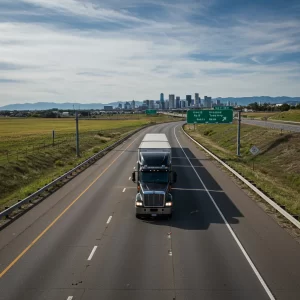
What is the Lifespan of Truck Emissions Components | Guide to Durability and Replacement
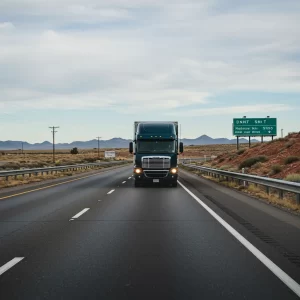
Are New Diesel Trucks Reliable with Emissions Systems | What You Need to Know
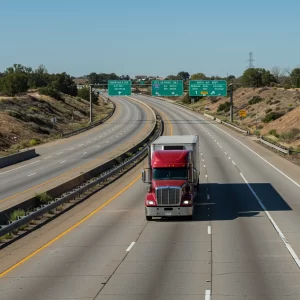
Truck Emissions Maintenance | How to Reduce Pollution and Boost Efficiency
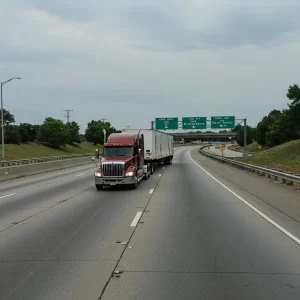
Reduce Truck Emissions | Practical Ways to Lower Your Carbon Footprint
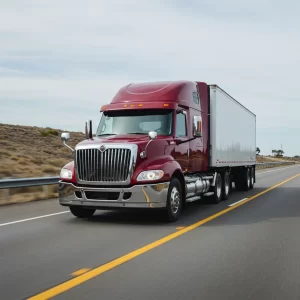
What Causes High Diesel Emissions | Key Factors You Need to Know